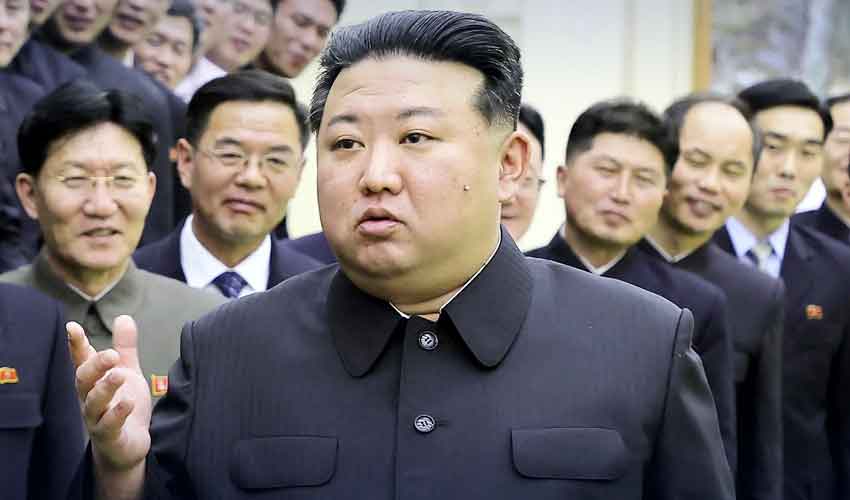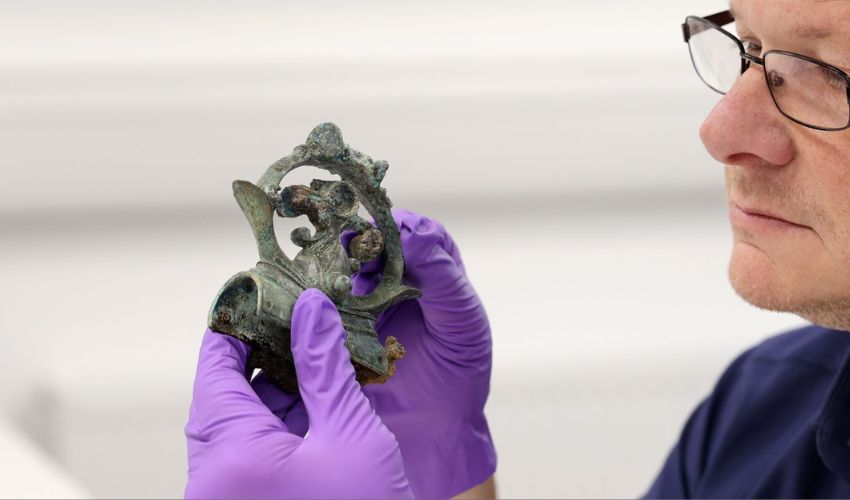North Korean leader Kim Jong-un has addressed the country's low birth rate, calling for measures to prevent a decline in population, according to state media reports on Monday.
The remarks were made during the first national meeting of mothers in 11 years.
Kim emphasized the crucial role of mothers in various fields, including resolving "non-social" problems and promoting societal unity. He claimed he thought about North Korean mothers whenever he faced difficulties in navigating state and party affairs.
"There are also issues of preventing the birth rate from falling and well-nurturing children," he said at the fifth National Meeting of Mothers that opened on Sunday in Pyongyang, according to the official Korean Central News Agency (KCNA).
The total fertility rate - the number of children expected to be born to a woman over her lifetime - in North Korea was reported as 1.8 in 2023, as per the UN Population Fund.
Analysts suggest that the meeting was convened to address the low birth rate and encourage families to contribute to strengthening youths' loyalty to the nation. The last national meeting of mothers was held in 2012, with the inaugural gathering taking place in November 1961.
Last month also it had been reported that North Korea urged mothers to have more children, calling it their “duty” to nurture the “pillars of future”.
In the 90s, the North Korean birth rate dropped as a result of a major famine. After that, the country shifted its policy to boost fertility rates.
"Party organisations should establish a spirit of enthusiastically promoting and helping mothers who have given birth to and raise many children," a major North Korean newspaper, Rodong Sinmun, said in an editorial.
It further stressed that mothers should be "role models" for their children and raise them as "outstanding individuals that loyally uphold their party and nation”.
In a separate statement, the North's foreign ministry said the government awarded mothers for giving birth to many children for contributing to the policy goals of the ruling party.



























